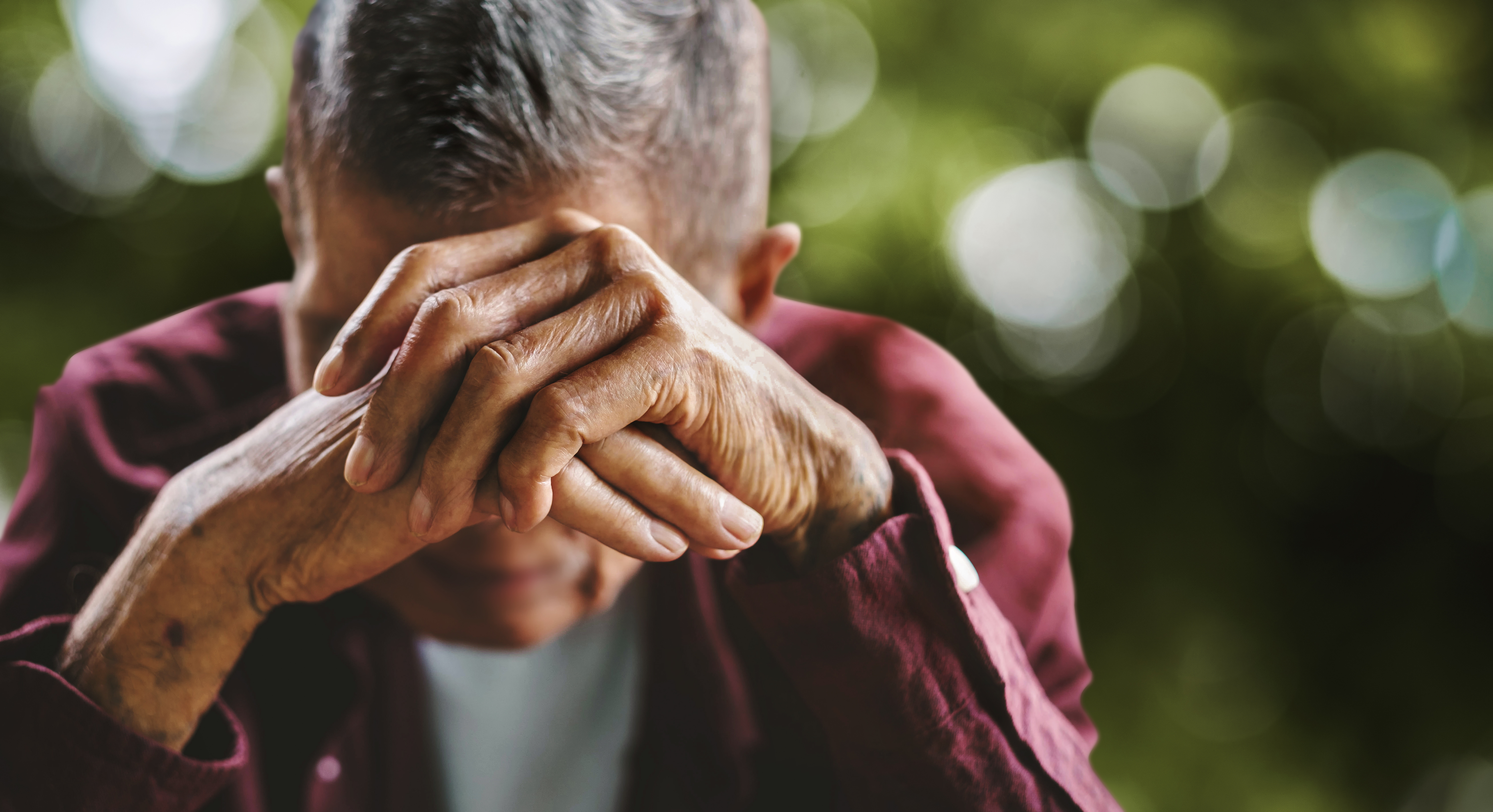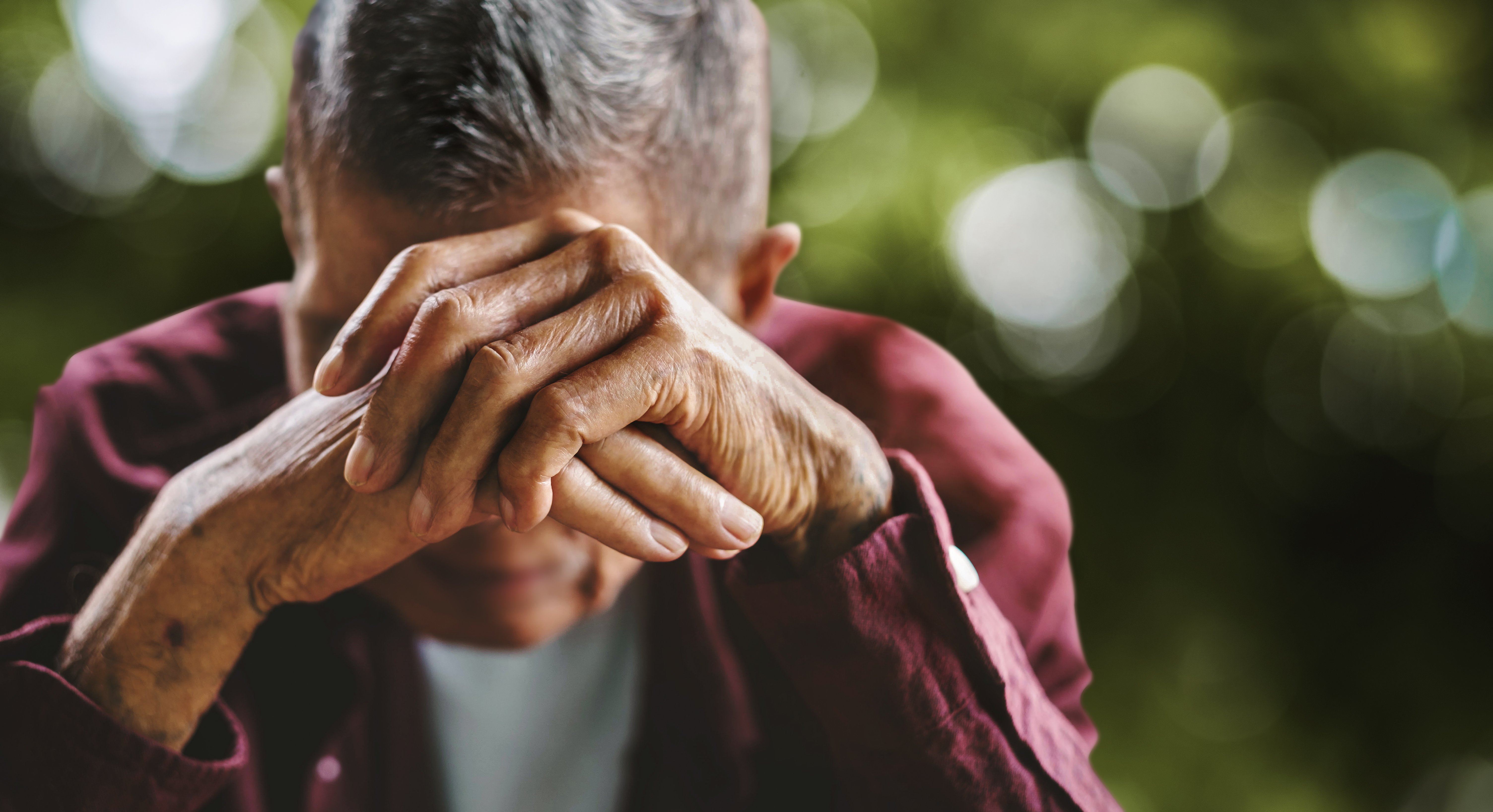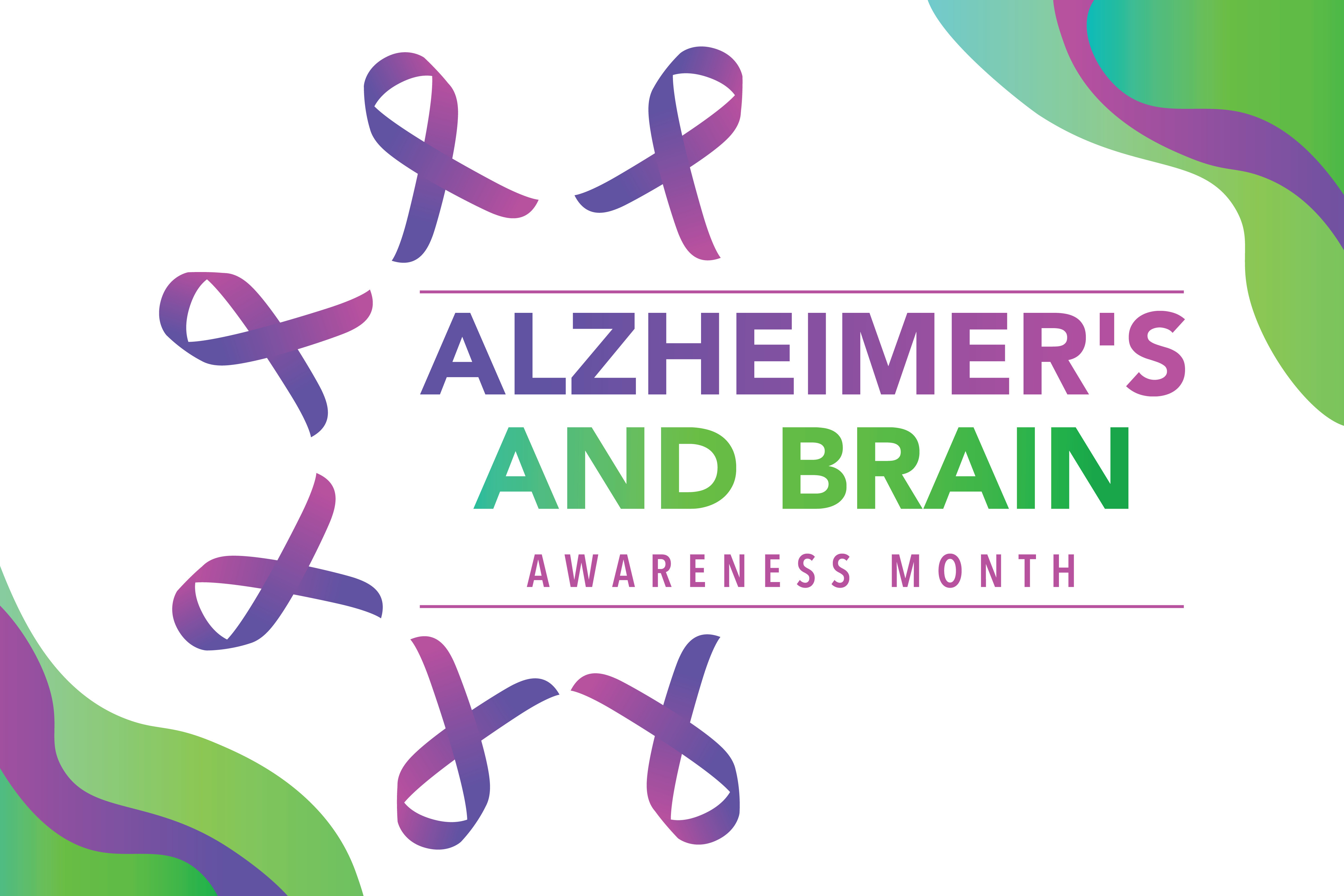Additional Funding to Address Dementia in Native American Communities


According to IHS (Indian Health Service), cognitive impairment and dementia affect individuals and families in all tribal and urban Indian communities. The prevalence will increase dramatically as the population ages. By 2060, the number of American Indian and Alaska Native people aged 65 and older living with memory loss is projected to grow over five times. This funding opportunity provides greater flexibility and enhanced access for new awardees to address their communities’ unique and growing needs.
IHS funding will support additional tribes, tribal organizations, and urban Indian organizations to develop sustainable, local approaches to addressing Alzheimer’s disease and other causes of dementia, focusing on awareness, recognition, diagnosis, assessment, management, and support for caregivers.
Approximately 80% of people are living at home with dementia, and only 2 out of 5 people actually receive a dementia diagnosis from their healthcare provider. AGE-u-cate partners with community-based organizations such as the Area Agencies on Aging and Aging and Disability Resources Centers who are hard at work educating their communities with our Dementia Live program. Many currently reach rural communities inclusive of Native Americans.
According to the Alzheimer's Association, Native Americans are more likely to develop Alzheimer's or other forms of dementia than White or Asian Americans. At the same time, American Indians overall have less access to healthcare and health services and are less likely to be diagnosed once they show symptoms, creating unique challenges in addressing Alzheimer's and other dementias. In addition, Native American cultures hold great esteem for Elders and are more likely to take care of their Elders at home. This may create stress for caregivers.
-
As many as 1 in 3 Native American Elders will develop Alzheimer's or some other form of dementia.
-
Between 2020 and 2060, the number of American Indian/Alaska Native individuals aged 65 and older living with dementia is projected to increase four-fold.
-
The vast majority (92%) of Native Americans say that it is important for Alzheimer’s and dementia care providers to understand their ethnic or racial background and experiences. However, only 49% of Native Americans say that they have access to culturally competent providers.61% of Native Americans say that affordability of care is a barrier.
-
More than one-fourth (27%) of Native American caregivers report being treated with less respect than others.
-
Four in 10 (40%) of Native Americans believe that medical research is biased against people of color and only 65% believe that an Alzheimer's cure will be shared fairly, regardless of race, color, or ethnicity.
There are knowledge gaps, especially about caregiving and disease risk, among Native Americans. There are also different perceptions of memory and dementia. Some perceive dementia as a normal part of aging or accompanying the transition to the next world. Others gauge memory by the ability to recollect the distant past, while Alzheimer's typically first affects the most recent memories.
AGE-u-cate applauds the efforts that the following organizations are doing to improve the quality of life for Native Americans and Tribal organizations in the United States:
The Alzheimer's Association partners with several organizations to better serve all communities in the United States, including the National Indian Council on Aging (NICOA), to promote Alzheimer’s awareness and care and support resources to American Indian individuals from 574 tribes across the country.
The Indian Health Service (IHS), an agency within the Department of Health and Human Services, provides a comprehensive health service delivery system for approximately 2.6 million American Indians and Alaska Natives who belong to 574 federally recognized tribes in 37 states. Its goal is to raise the health status of American Indians and Alaska Natives to the highest possible level.
In 2019, the Alzheimer's Association and the CDC collaborated on the The Healthy Brain Initiative (HBI) Road Map for Indian Country, the first-ever public health guide focused on dementia in Native American communities. Success stories showing improved health outcomes as a result of the Road Map are now available. The International Association for Indigenous Aging (IASquared) is a partner of the HBI and serves as a hub of information and resources on Alzheimer's and other dementia-serving Indian country.
For IHS grant information: https://www.grants.gov/web/grants/view-opportunity.html?oppId=344451
For Information on Dementia Live's community education program:


